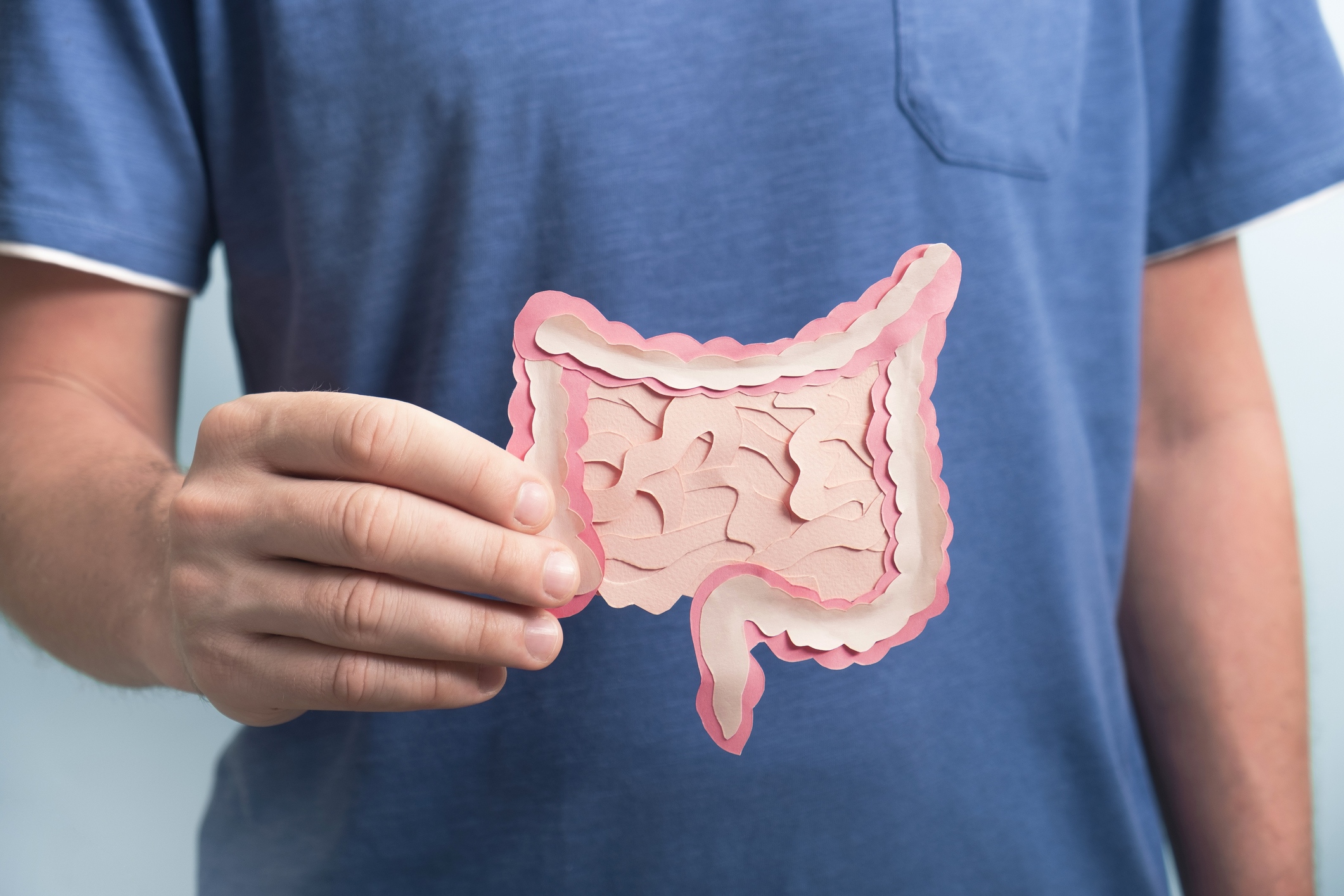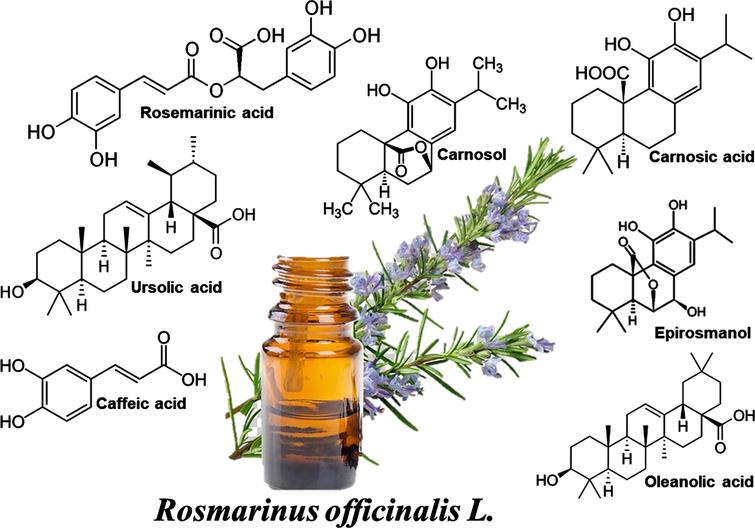
New findings from Flinders University have demonstrated a molecular link between COVID-19 and serotonin cells in the gut.
The research could help provide further clues to what could be driving COVID-19 infection and disease severity and supports previous evidence that antidepressants, known as selective serotonin reuptake inhibitors (SSRIs), could reduce the severity of COVID symptoms.
COVID-19 displays an array of symptoms, which can regularly include gastrointestinal issues such as diarrhoea. Recent research has indicated that these gut symptoms in COVID-19 patients worsen with the severity of the disease, and this is linked to heightened gut-derived serotonin, released to cause gut dysfunction, increasing the body’s immune response and potentially worsening patient outcomes.
...Read More








Recent Comments